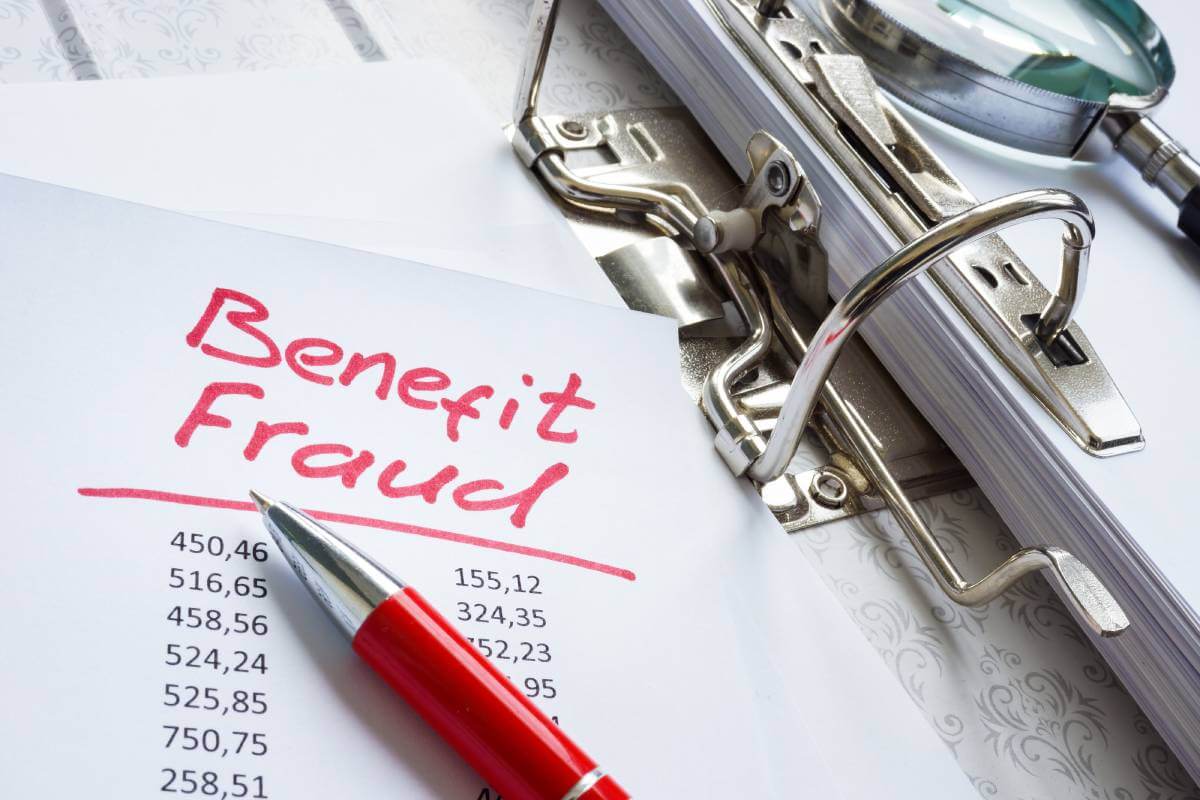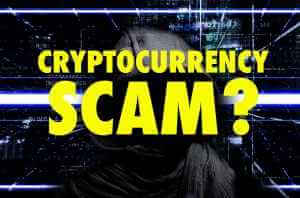Hurricanes and other natural disasters are traumatic. The most recent disaster, hurricane Ida, ripped across the east coast of the United States causing flooding and extensive power outages. Homes and lives have been disrupted and destroyed, and as a result, charitable efforts and requests have increased.
However, not all of these charitable efforts are sincere or actually go to the intended parties. The FBI has warned about charity scams any time there is a major natural disaster and this is also true in the wake of Hurricane Ida. If you realize that you have given money to what turns out to be a charity scam, fund recovery is possible with the right resources and strategy.
Broker Complaint Registry can help you avoid these charity scams and retrieve funds from fraud. Our experts consult with clients, create intelligence reports, and outline strategies that have a proven track record of success. We have a close working relationship with banks and regulators and can help our clients retrieve their funds from crypto scams, forex scams, and other forms of financial fraud. Talk to BCR about how to proceed with fund recovery.
How Charity Scams Work
Charity scams, like legitimate charities, reach out to people for donations. That is where the similarities end. Real charities may have an active social media presence, but they most often do not rely on email or chat spam, cold calling, or other aggressive tactics. The reason behind these sometimes invasive tactics is to catch people off guard and discourage them from waiting or doing the research before giving.
Charity scammers often will bombard potential targets with emotionally laden details that are meant to generate an instant response. A legitimate charity will talk about the hardships faced by those in need but will spend at least as much time describing in detail how they will provide assistance and will offer ways to check the validity of the request and the organization. Scammers will insist that money must be given right away and will not willingly let communication go without getting a large sum of money.
Charity scams often pose as legitimate charities and will use names that are remarkably similar to those that are well-known. In some cases, they will actually create a decoy of a real charity website and use the graphic design and logos of another charity in emails. It can be difficult to notice the difference between the real and clone version of a charity. This is the reason why it is important never to click links directly on an email but to enter the email address manually and check the site is secured.
5 Ways to Avoid Charity Scams
The following are steps suggested to avoid losing money to charity scams:
- Check that the request is coming from a legitimate charity
- Research the Charity
- Give through a credit card or checks
- Do not click on links directly in an email
- Do not give out personal information except through a secure website
When you come across a charitable request and want to help those in need it is important to be on the lookout for signs of a charity scam. This means never assuming the people you are communicating with are who they say they are, even if an email looks legitimate and uses a similar logo.
The first step is to ensure that the charitable request is coming from a legitimate charity. Do not respond to direct requests by email, text, or phone call. They may have found your email or phone number through unauthorized means. Giving your information through any means but a secured website can make you vulnerable to phishing and identity theft. Therefore, avoid pressure or haste, but take some time to investigate the charity before donating.
Research the charity thoroughly. The Federal Trade Commission’s website has information about charities and can be a guide for your research. Look for complaints and articles on the web about the charity, although keep in mind that not all of these mentions are necessarily authentic.
Stay aware that you may not be dealing with people who are who they say they are. Cloned emails and websites can be convincing. Therefore, when you get an email, do not download anything or click a link. Instead, note the address and type it in manually in the search box. If this takes you to a secure website that checks out as belonging to the real charity, then it may be safe to proceed. Check from reliable sources the actual address of the website so you can avoid giving money on cloned sites.
When you feel confident that you are on a genuine, secure website, it is important to use care about how you pay. Charity scams often ask for cash, gift cards, cryptocurrencies, or wire transfers for donations.
Asking for these payment methods is not proof of a scam, but it can be typical of those who do not want to have to give money back if their practices are called into question. Insist on paying by check or cash, which can make fund recovery easier if the charity does turn out to be a scam.
If you follow these steps, you are likely to be safe from a crypto scam. However, there is no absolute guarantee that you will not come across a scam. If you have lost money to any kind of fraud, it is important to file a complaint and speak to fund recovery experts, such as Broker Complaint Registry. We consult with our clients and advocate on their behalf to retrieve funds that have been taken by fraud.
Contact Broker Complaint Registry experts if you need assistance with a forex scam complaint. We deal with a variety of issues, including data theft, forex trading scams, and crypto complaints. Our team will refer you to experts who have vast experience dealing with regulators, banks, and law enforcement. We will provide advice and give you valuable guidance to help you resolve the issue.










